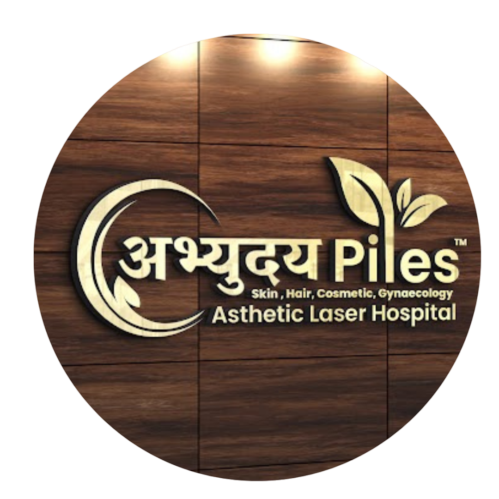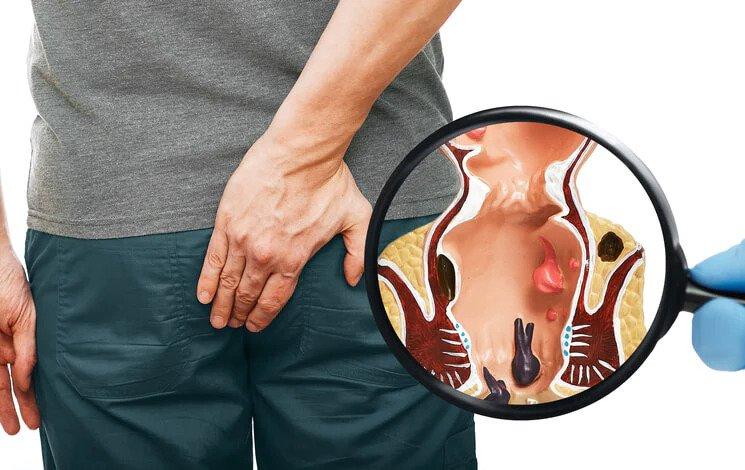Piles, also known as hemorrhoids, are swollen veins in the rectum or anus that cause discomfort, pain, and sometimes bleeding. Many people believe that eating spicy foods can worsen piles or even cause them. But is there any truth to this claim? In this comprehensive guide, we will explore the effects of spicy foods on piles, how diet influences the condition, and practical tips for managing hemorrhoids effectively.
Understanding Spicy Foods and Piles
Piles are classified into two types:
- Internal Hemorrhoids – These are located inside the rectum and usually do not cause pain but may lead to bleeding.
- External Hemorrhoids – These develop under the skin around the anus and can cause itching, pain, and swelling.
Common causes of piles include chronic constipation, prolonged sitting, obesity, low-fiber diet, pregnancy, and excessive straining during bowel movements. While spicy foods do not directly cause piles, they may aggravate symptoms in some individuals.
Can Spicy Foods Cause Piles?
One of the most common myths is that spicy foods directly cause piles. However, there is no scientific evidence to support this claim. Piles develop primarily due to increased pressure on the veins in the rectal area. However, certain foods, including spicy dishes, may trigger symptoms in individuals who already have piles.
How Spicy Foods and Piles Are Connected?
While spicy foods do not directly cause piles, they can aggravate symptoms in some people. Here’s how:
1. Irritation of the Digestive Tract
Capsaicin, the active compound in chili peppers, can irritate the digestive lining, leading to an increased risk of diarrhea or loose stools. Frequent bowel movements can irritate hemorrhoids, causing more pain and discomfort.
2. Increased Anal Sensitivity
Spicy foods can cause a burning sensation during bowel movements. If you have external hemorrhoids, this may lead to more discomfort and pain.
3. Worsening of Inflammation
For individuals already suffering from piles, consuming excessive spicy foods may contribute to increased inflammation in the rectal area, leading to prolonged irritation and swelling.
4. Dehydration and Constipation
Some spicy foods may cause mild dehydration if they lead to excessive sweating or digestive issues. Dehydration can result in harder stools, which increases straining during bowel movements—a key factor in worsening piles.
Managing Spicy Foods and Piles Through Diet
Diet plays a crucial role in managing and preventing piles. Here are some dietary recommendations:
1. Increase Fiber Intake
A high-fiber diet helps soften stool and promotes smooth bowel movements, reducing the strain on hemorrhoidal veins. Foods rich in fiber include:
- Whole grains (brown rice, oats, quinoa)
- Vegetables (broccoli, spinach, carrots)
- Fruits (bananas, apples, pears, berries)
- Legumes (lentils, chickpeas, beans)
- Nuts and seeds (flaxseeds, chia seeds, almonds)
2. Stay Hydrated
Drinking plenty of water (at least 8-10 glasses daily) helps keep stools soft and prevents constipation.
3. Avoid Processed and Low-Fiber Foods
Processed foods, white bread, fried foods, and excess sugar can contribute to constipation and worsen hemorrhoids.
4. Moderation in Spicy Foods
If you love spicy foods but have piles, try consuming them in moderation. Combining spicy dishes with fiber-rich meals may reduce irritation.
5. Include Anti-Inflammatory Foods
Certain foods can help reduce inflammation and promote healing:
- Turmeric (curcumin)
- Ginger
- Leafy greens
- Omega-3-rich foods like salmon and walnuts
Lifestyle Changes to Prevent and Manage Piles
In addition to diet, lifestyle modifications can help prevent and manage piles effectively:
1. Exercise Regularly
Physical activity improves digestion and prevents constipation. Engage in activities like walking, swimming, and yoga.
2. Avoid Straining During Bowel Movements
Straining increases pressure on the rectal veins. Use a footstool while sitting on the toilet to maintain a natural squatting position.
3. Maintain Proper Hygiene
Keep the anal area clean and dry. Use unscented wipes instead of harsh toilet paper to avoid irritation.
4. Use Sitz Baths
Soaking in warm water for 15-20 minutes can relieve pain and inflammation.
5. Avoid Prolonged Sitting
Sitting for long periods, especially on hard surfaces, can worsen hemorrhoidal symptoms. Take breaks and move around frequently.
Home Remedies to Soothe Piles
Some natural remedies may help alleviate piles symptoms:
- Aloe Vera Gel – Soothes inflammation and promotes healing.
- Witch Hazel – Reduces swelling and itching.
- Coconut Oil – Moisturizes and soothes the affected area.
- Ice Packs – Helps reduce swelling and numb pain.
When to See a Doctor?
If piles symptoms persist despite dietary and lifestyle changes, seek medical attention. Signs that require professional intervention include:
- Severe or persistent pain
- Excessive rectal bleeding
- Difficulty in passing stool
- Signs of infection (redness, pus, fever)
A doctor may recommend treatments such as medications, rubber band ligation, sclerotherapy, or surgical options in severe cases.
Final Verdict: Should You Avoid Spicy Foods if You Have Piles?
Spicy Foods and Piles are closely linked when it comes to symptom management. While spicy foods do not directly cause piles, they can worsen symptoms in some individuals. If you have piles, it is best to consume spicy foods in moderation and focus on a high-fiber, balanced diet to ease bowel movements. Managing lifestyle habits, staying hydrated, and following home remedies can help control Spicy Foods and Piles symptoms effectively.
If you experience persistent discomfort despite dietary changes, consult a healthcare professional for personalized treatment options. By making informed choices, you can effectively manage piles and improve your digestive health.
For expert guidance and advanced treatment options, consult Dr. Praveen Sahave at Abhyudaya Piles Ayurveda and Laser Hospital. Their specialized care and personalized approach can help you find relief and long-term solutions for managing piles effectively.
Additionally, If you want to understand what causes Constipation, you can read through the resources we have provided.

